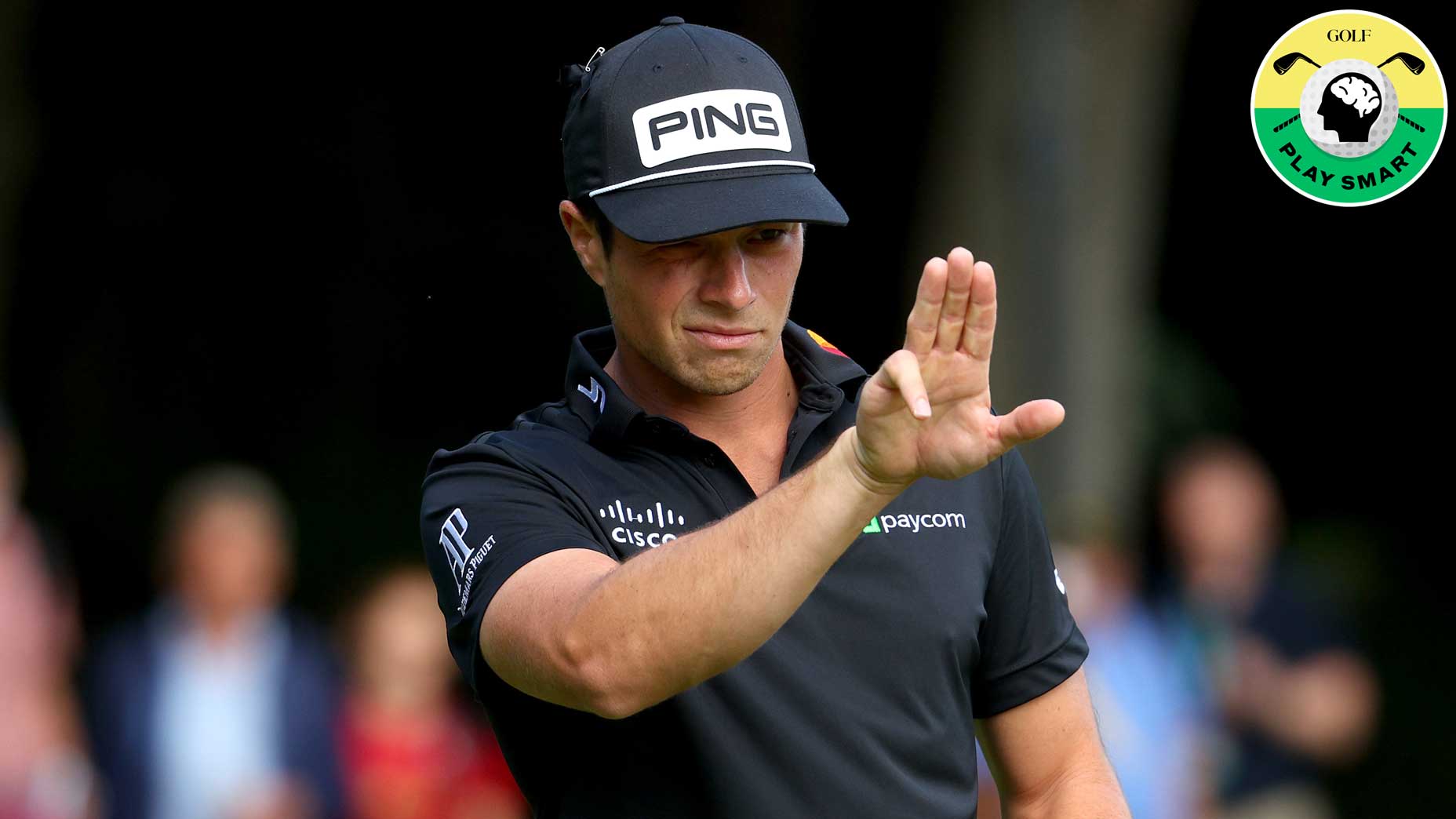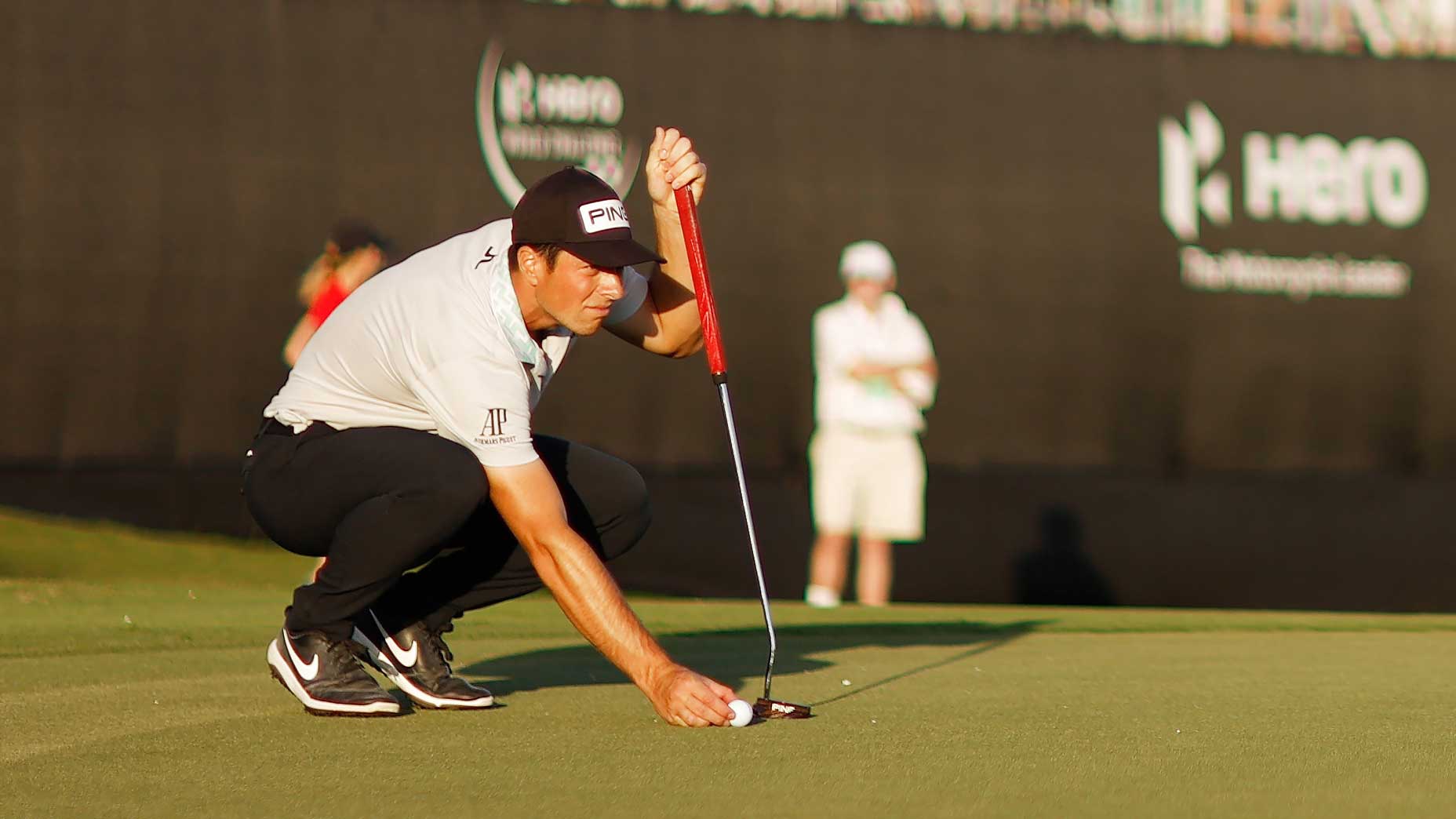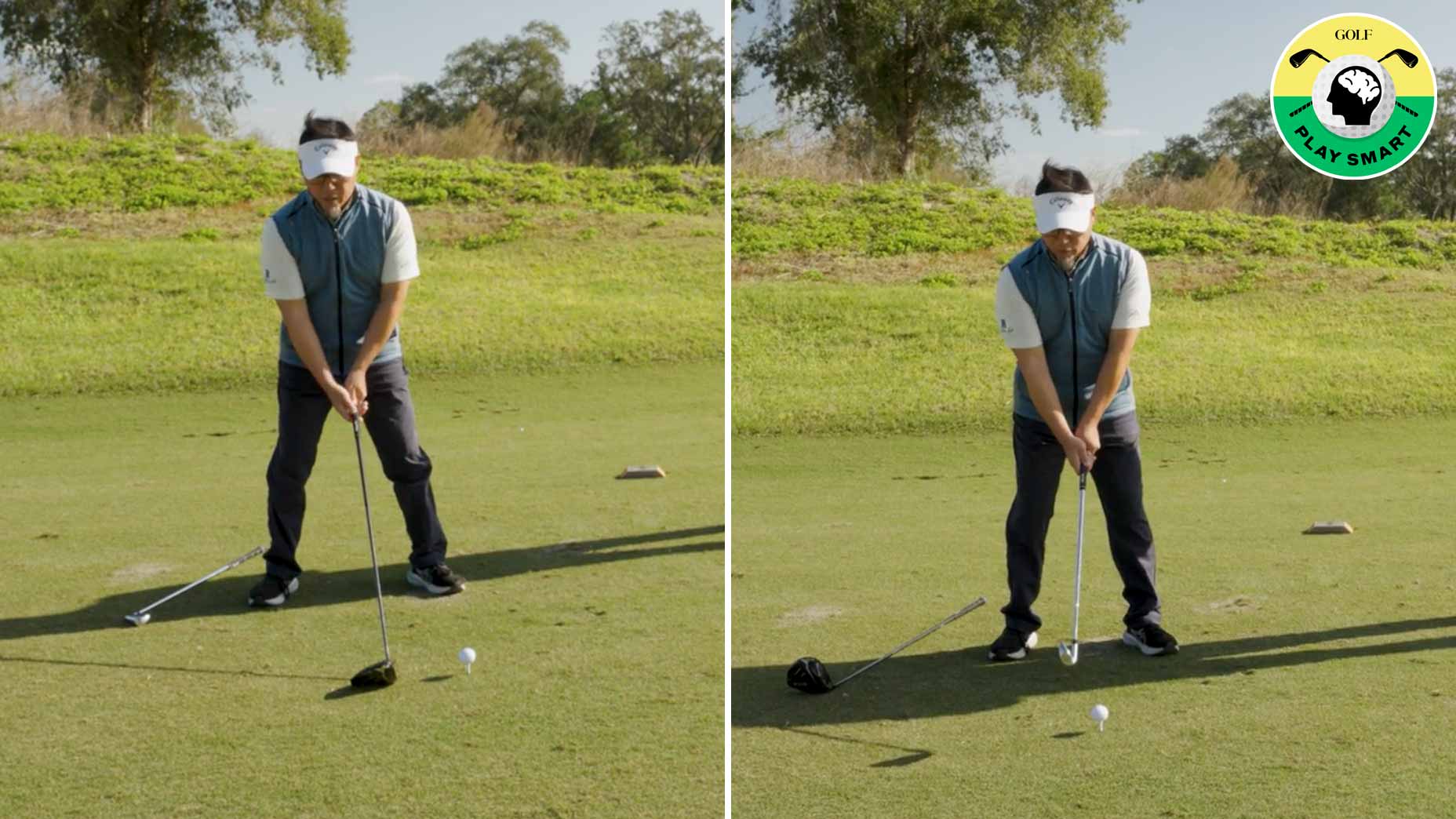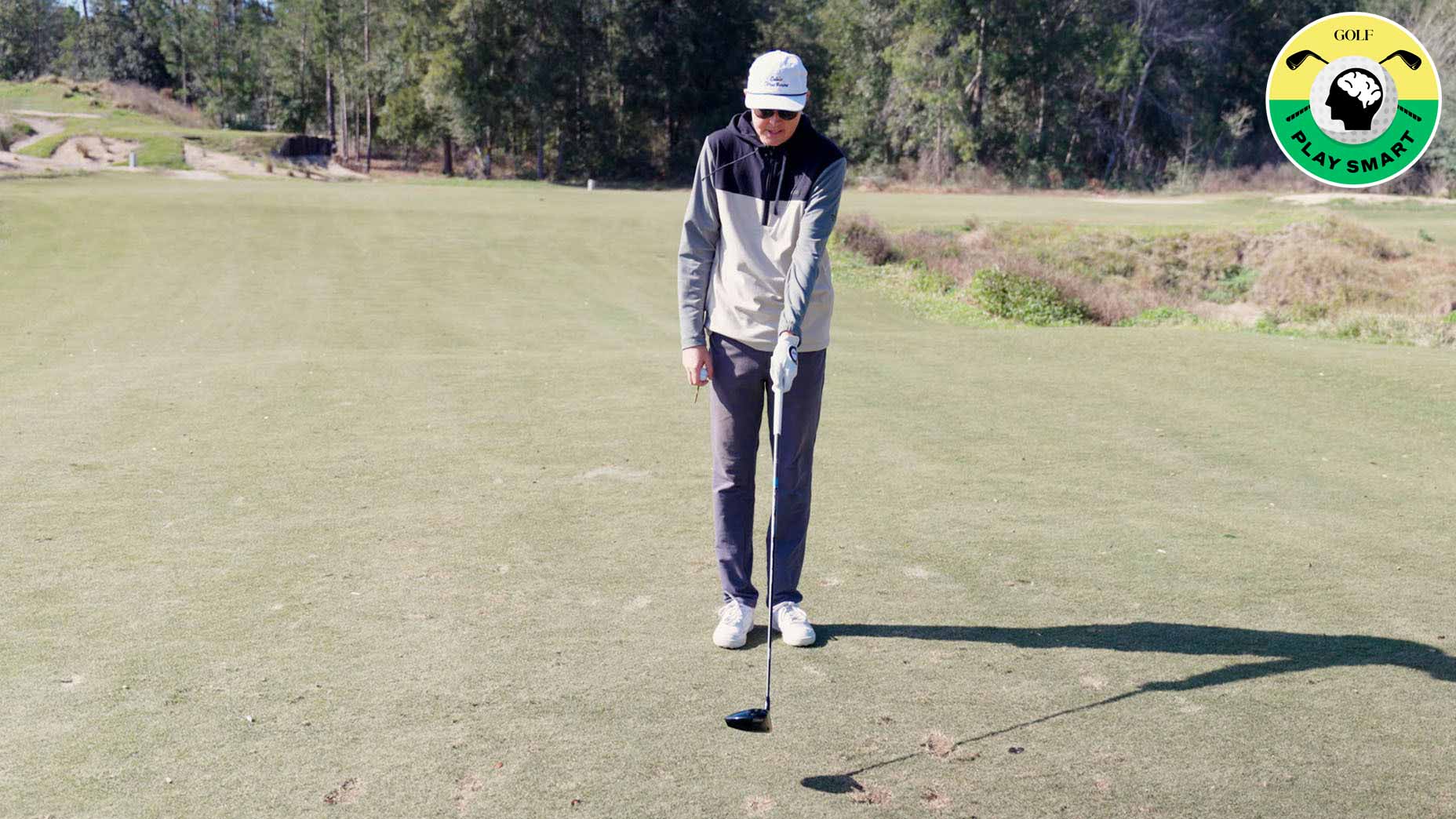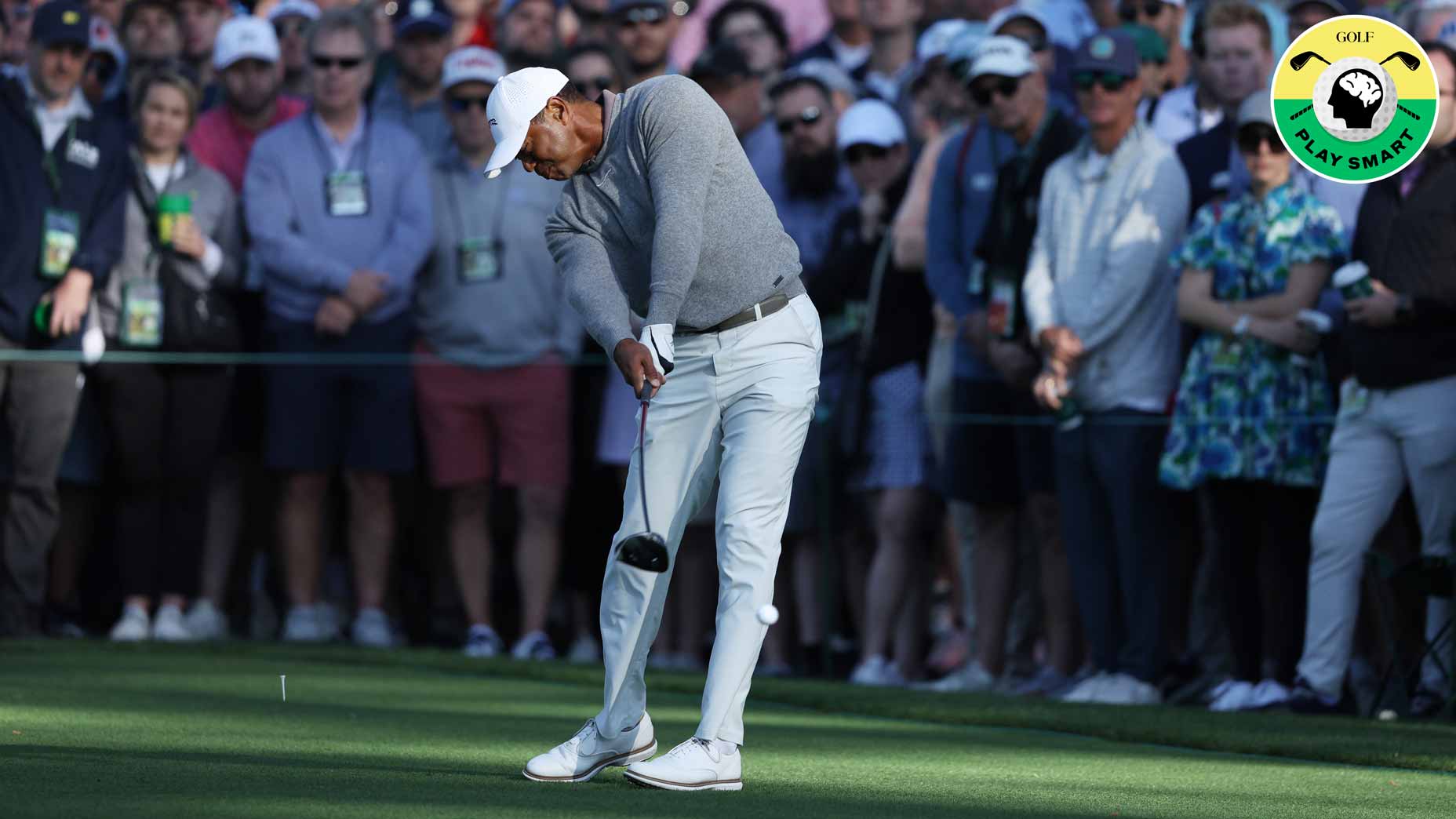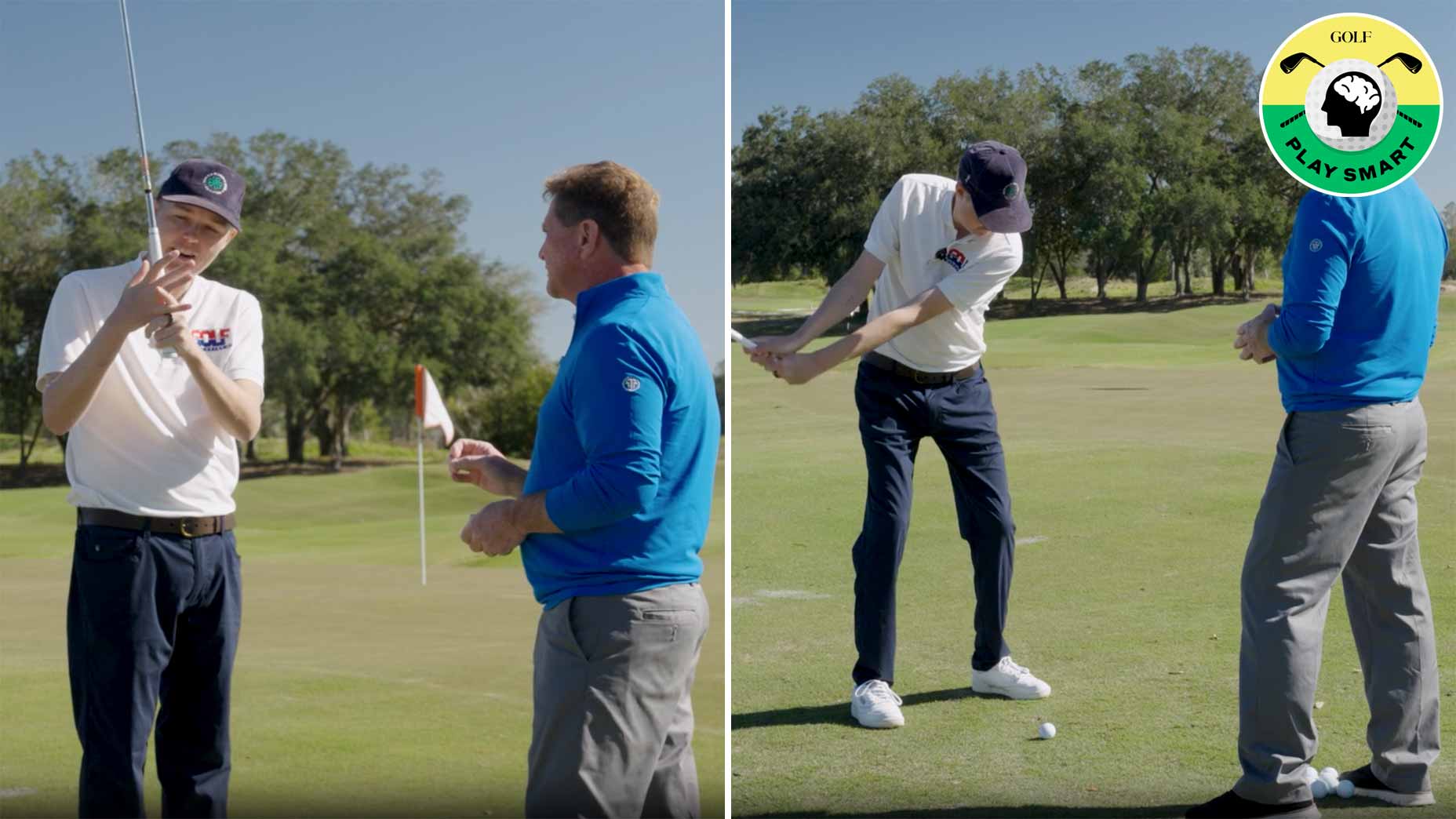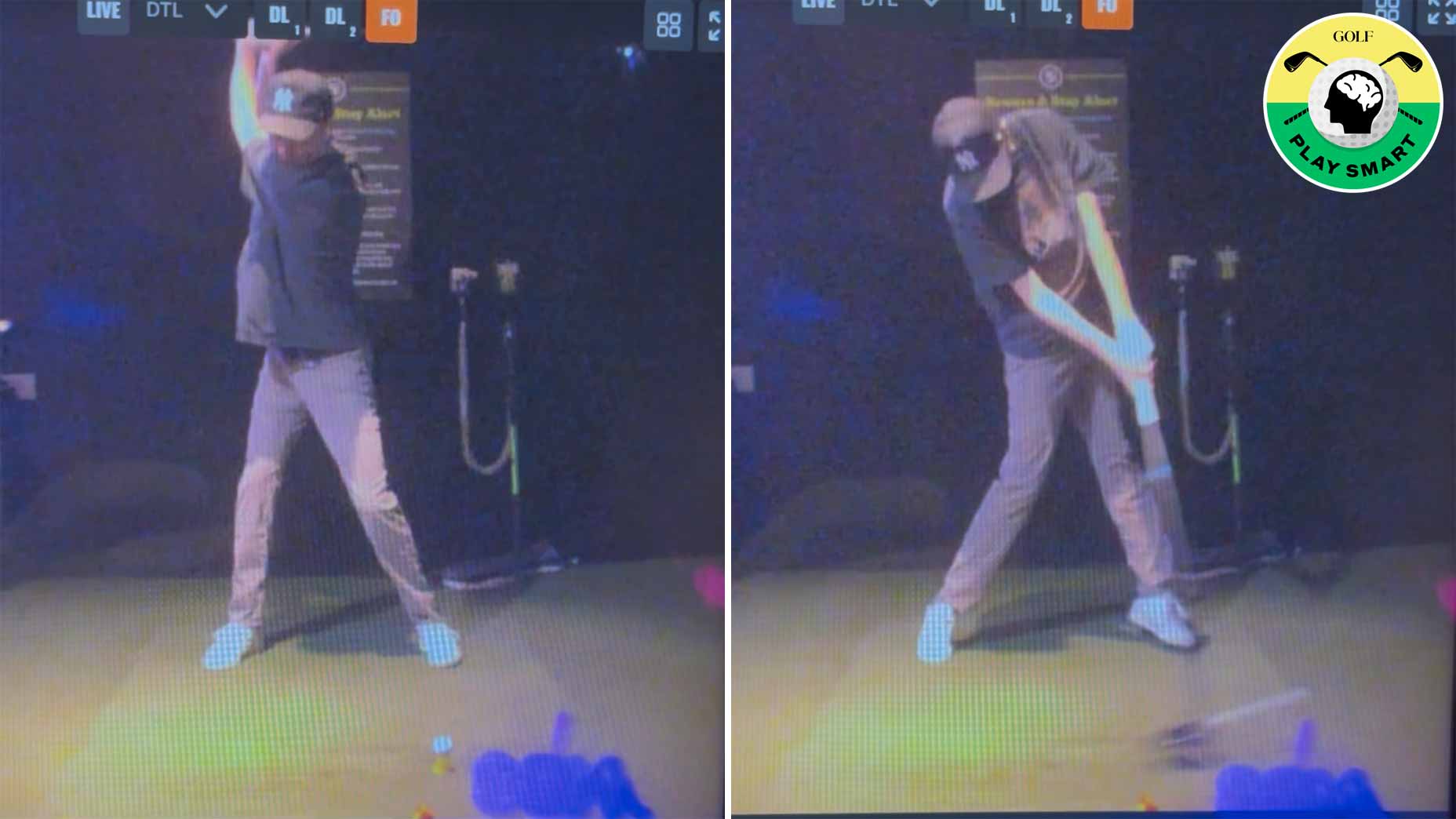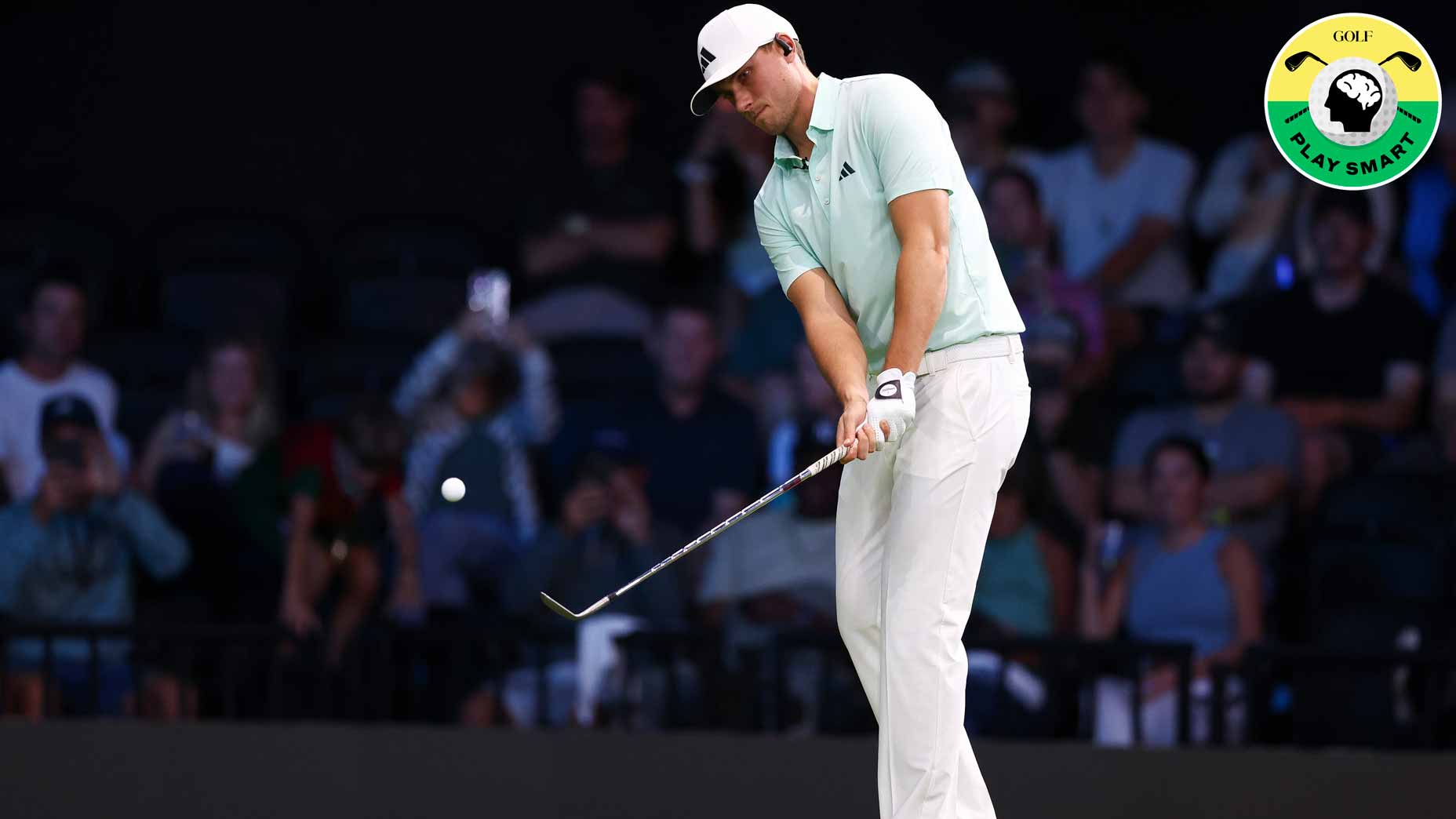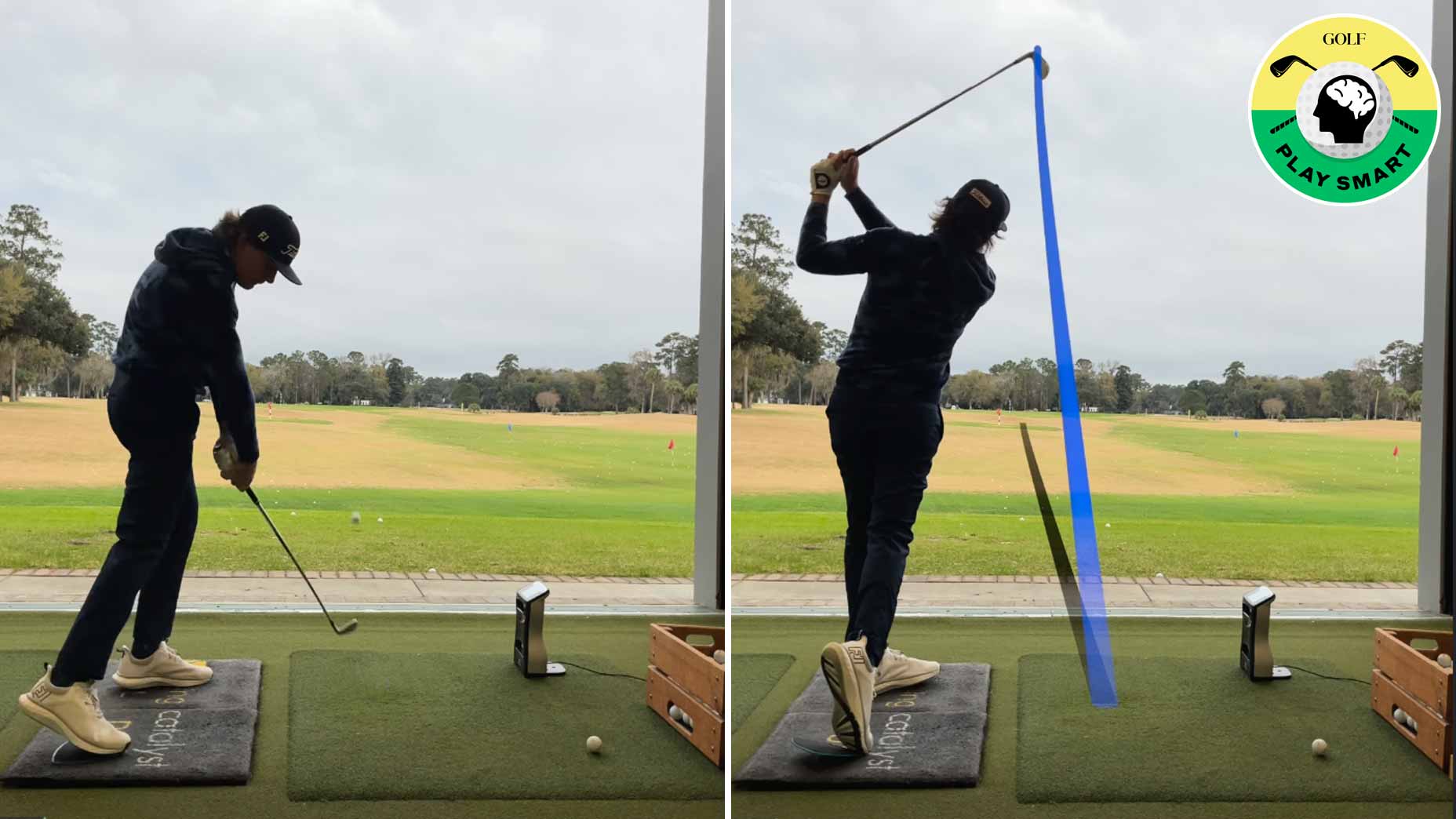Welcome to Play Smart, a regular GOLF.com game-improvement column that will help you play smarter, better golf.
Viktor Hovland put on a clinic on the greens at the Hero World Challenge over the weekend. He needed just 23 putts in his tournament-low round of 64 on Saturday, and then took just 24 putts the following day to secure his victory. Golf is an easy game when you roll the rock like that.
But while Hovland made things look simple on the greens at Albany Golf Course, putting hasn’t always come easy to the 25 year old. In his post-victory press conference, Hovland shared an anecdote about just how hard putting used to be, and how he fixed the flaw.
This putting change propelled Viktor Hovland’s Hero World Challenge winBy: Zephyr Melton
“So when I first started working with my coach, Jeff Smith, he came to Karsten Creek where I practice and we just went out and played a few holes,” Hovland said. “He just watched me putt a couple out on the course and I would misread 15-footers by probably two feet — and I would hit good putts. My reading ability was just really, really bad.”
Smith saw the struggles and had a suggestion. Perhaps Hovland should rely on his feet more to read greens — a technique known as AimPoint putting.
“He basically said, ‘OK, you need to really learn this,'” Hovland said. “So the rest of the nine holes he just basically read the greens for me, told me where to aim and I just started making everything.”
Once it clicked in his head, Hovland knew he needed to master the art of AimPoint. His eyes were not doing a sufficient job reading the greens, so his feet would have to carry the load.
How AimPoint works
AimPoint putting is a method of green-reading that marries physics and feel in order to get a consistent read every time — and it’s surprisingly simple to use. All you need to use AimPoint is your feet and your hands.
The first step of AimPoint is to feel the slope of the green with your feet. Do this by straddling the line of your putt about halfway to the hole and feel (with your feet) which direction the green is sloping.
Next, you need to assign the slope a number based on the severity of the break from one to five (one being the least, five the most). Once you have this number, you can return to standing behind your ball.
Standing behind the ball, close one eye and lift your fingers in front of your face. You want your pointer finger to be just outside the edge of the cup. Based on the percentage slope you determined with your feet, put up that many fingers on your hand (i.e. one finger for one percent, two fingers for two percent, etc.). This will be your aim point.
For example, if you think there is 2 percent slope in the putt to the left, put up two fingers with your pointer finger just outside the hole. In this case, your middle finger (second finger) will be the aim point.
Now all you need to do is line up your ball aiming at the point and roll it at that spot. If you’ve judged the slope correctly with your feet, your ball should roll right toward the hole.
